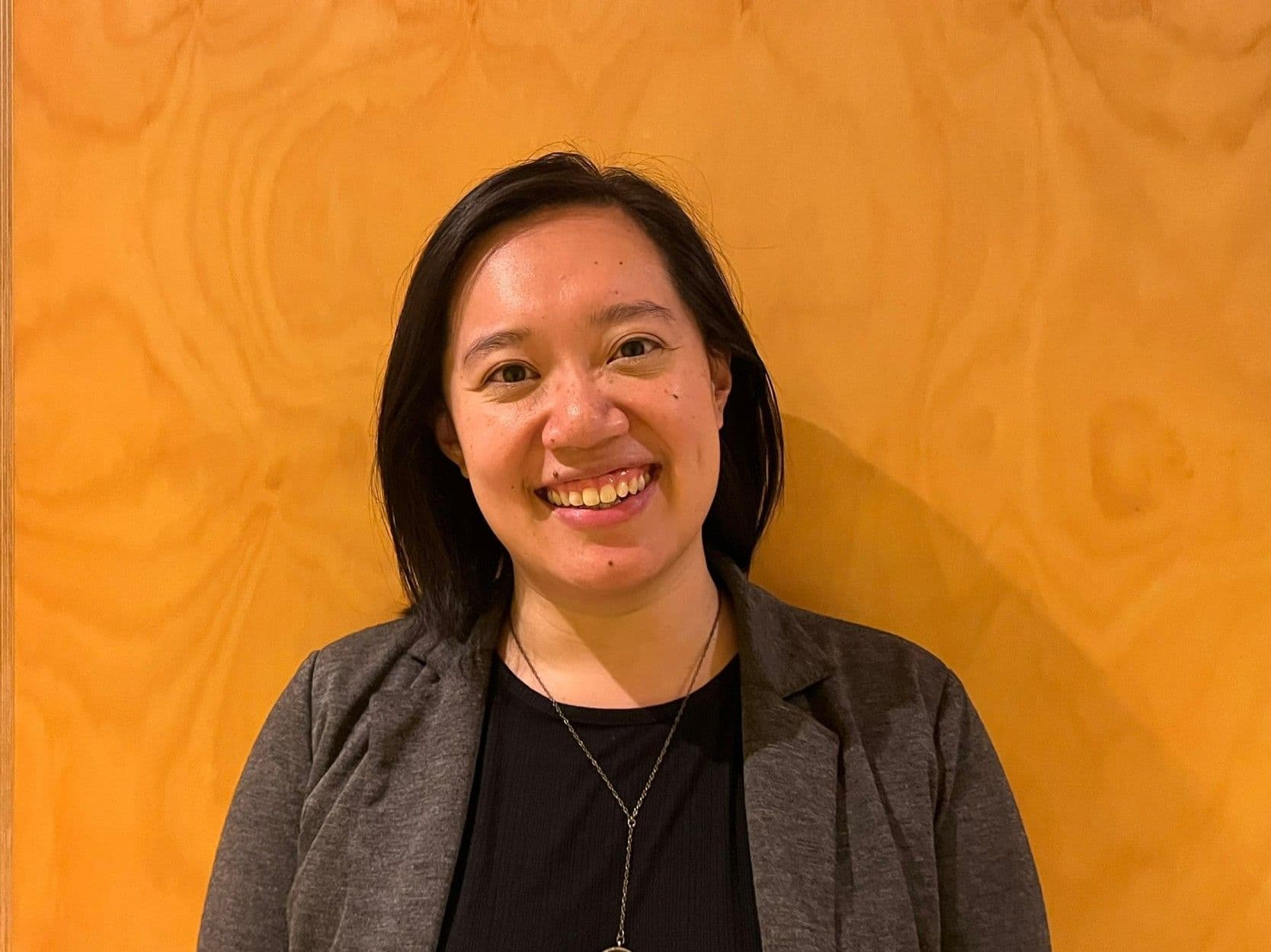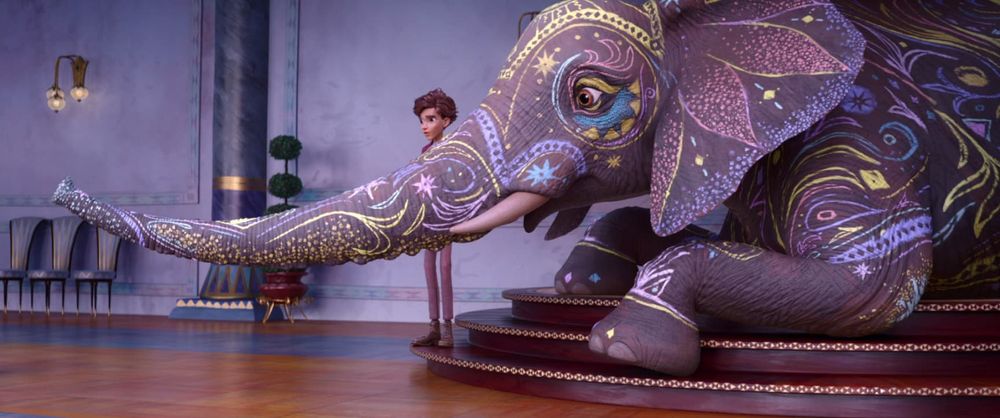
Career Advice: Working as an Editor in the Animation Industry in Australia
Betty Ng, an animation editor at Animal Logic, gives us insight into starting a career in editing for feature films.
Betty Ng joined Animal Logic’s Sydney Studio in 2019 as an assistant editor to work on Peter Rabbit 2. Betty is now an animation editor and recently chatted with us about her journey through the industry and shared some sage advice for starting a career in film.
I'm currently an Animation Editor. My job mainly involves preparing scenes and shots to send between the client and artists. During different phases of the project, you could be required to edit scenes and provide support for different departments that require cutting skills.
I work at the animation studio Animal Logic in Sydney, and have worked on a range of projects including Peter Rabbit 2!
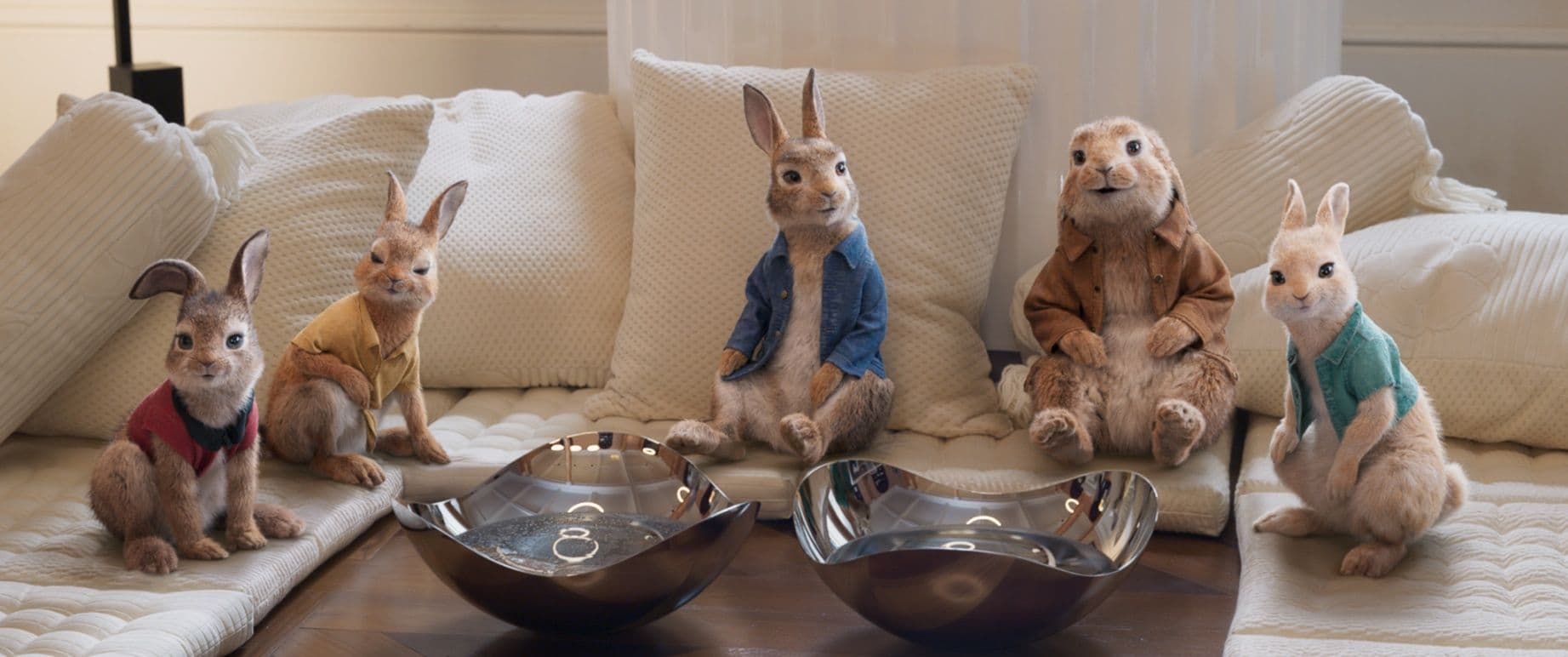
There was no lightbulb moment! In my 20s, I was studying a psychology degree that I didn't enjoy. My friend suggested I work in TV or film instead because I talked about it so much (who doesn't!). I never thought it would be possible to work in such a glamorous industry, so I brushed off the idea for years.
I signed up for a two-day filmmaking workshop at TAFE Randwick (TAFE stands for Technical and Further Education and provides vocational education and training). I had so much fun that I enrolled in their Screen and Media course the following week.
TAFE was perfect for someone like me: I didn't want to invest all my time in a four-year degree at a film school as an older student. TAFE offered much shorter courses, focusing on practical skills. Since I was entirely new to filmmaking at TAFE, I could sample everything from scriptwriting to set design, production to editing, and hopefully, find a niche I enjoy.
The TV and film industry can be notoriously difficult to break into, so I decided to get my foot in any door. After TAFE, I applied for administrative jobs at Sydney production houses, combining my previous work experience as a health administrator with my new filmmaking skills. Thankfully, I landed a job as an office coordinator for a TV production house.
At the time, I was equally split between production and post-production as a career path. Being an office coordinator afforded me the best position to observe both departments in real-time.
Post-production and editing became a more fun mountain to climb. It all came down to the idea that I wanted to play a stronger part in creating the story rather than wrestle with budgets and timetabling. Shout out to all my powerhouse production peeps!
I asked the post-production supervisor what they'd recommend for me. They said they were forever in need of good assistant editors. One of the supervisors was gracious enough to teach me during my lunch breaks and let me practise at the end of my work shifts. I also took a 3-day crash course at the Sydney film school, AFTRS, for assistant editing in reality TV. As soon as there was an opening, my employer swapped me out of the office coordinator role and into my first assistant editor role.
I worked at the same production house for several shows, but when there was a break between contracts, I started to apply to all administrative and edit jobs in the TV and film industry. At the same time, Animal Logic posted a job advertisement for an assistant editor on the project 'Peter Rabbit 2'. Since I had no film, VFX or animation skills, I didn't think I had a chance, but I applied regardless!
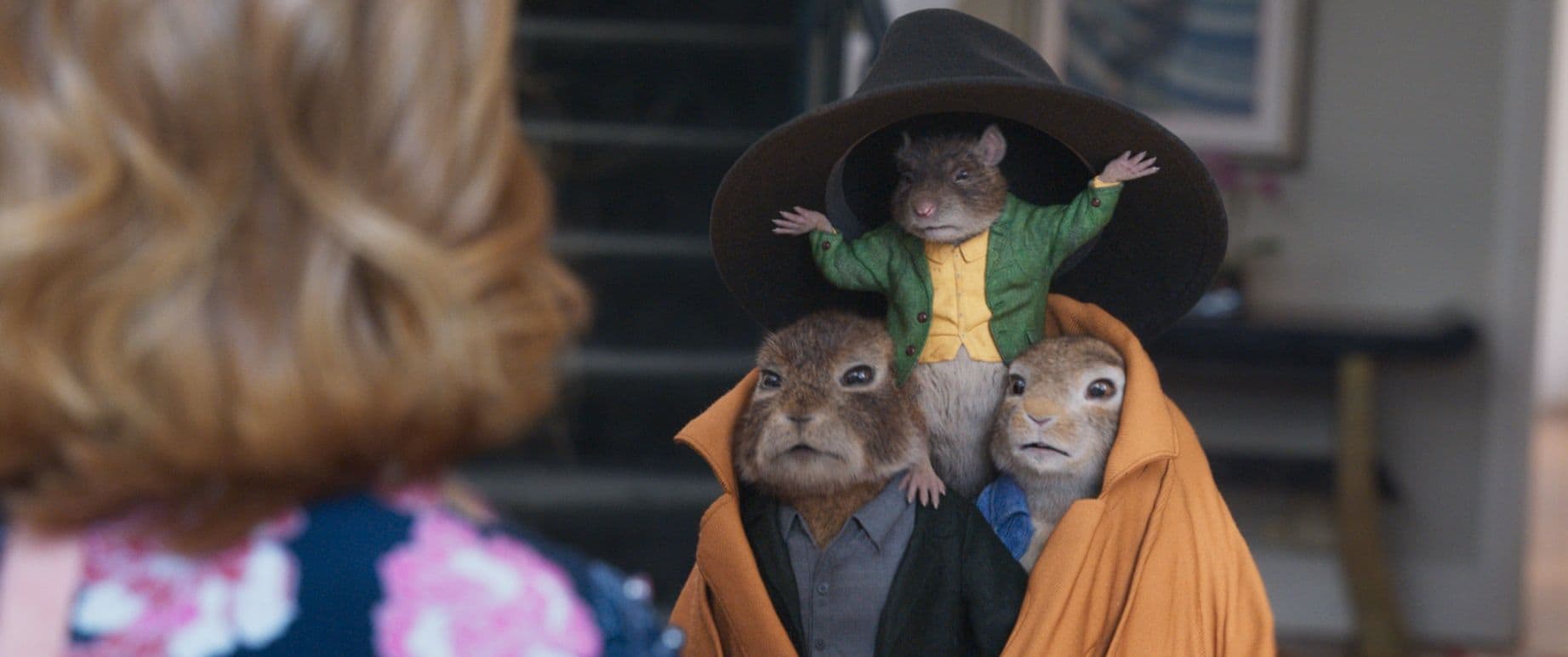
Animal Logic has a great culture where they're invested in upskilling employees. As long as I knew the basics of editing, I could learn on the spot and was a team player, they were happy to give me a chance.
When I finished working on 'Peter Rabbit 2', there was another opening for an assistant at Animal Logic, and the department supervisor asked me if I would like to work with them again. It was an instant yes.
Invariably you clock on in the morning, read through all emails and messages left for the edit team and get ready for any meetings or reviews scheduled that day. Usually, any troubleshooting that arises within departments will be prioritized, like searching for a missing version of a shot or checking audio stems are in sync with video footage. Those tasks are divided up between the team members. After all the fires are put out, you move on to your regular tasks of the day.
AVID is the editing software we use at Animal Logic, and we have a lot of proprietary software we employ during each project. Solid knowledge of other software like the Adobe Suite, Da Vinci, and Handbrake often come in handy for those unexpected issues that pop up day-to-day.
My workflow depends on what stage the film is at but from my experience, for the bulk of any production, it is mainly quality control of any scene changes.
It can be a minutely detailed process of comparing before and after versions and matching scene/shot/frame numbers for every shot. Once all changes have been confirmed to be correct, and all audio is confirmed, you review changes with the main crew members from production, layout and animation. If you're cutting a scene, it would be reviewing all footage, making cuts, receiving feedback, walking away from it for a while, shaking your fist at the computer, and then returning to start the process all over again.
Editorial is a unique department because we're connected to most departments at some part of the project. Since we're the go-between between the client and artists, we often talk to the production coordinators daily. We work closely with Layout, Animation, Lighting, Crowd and DI, to name a few.
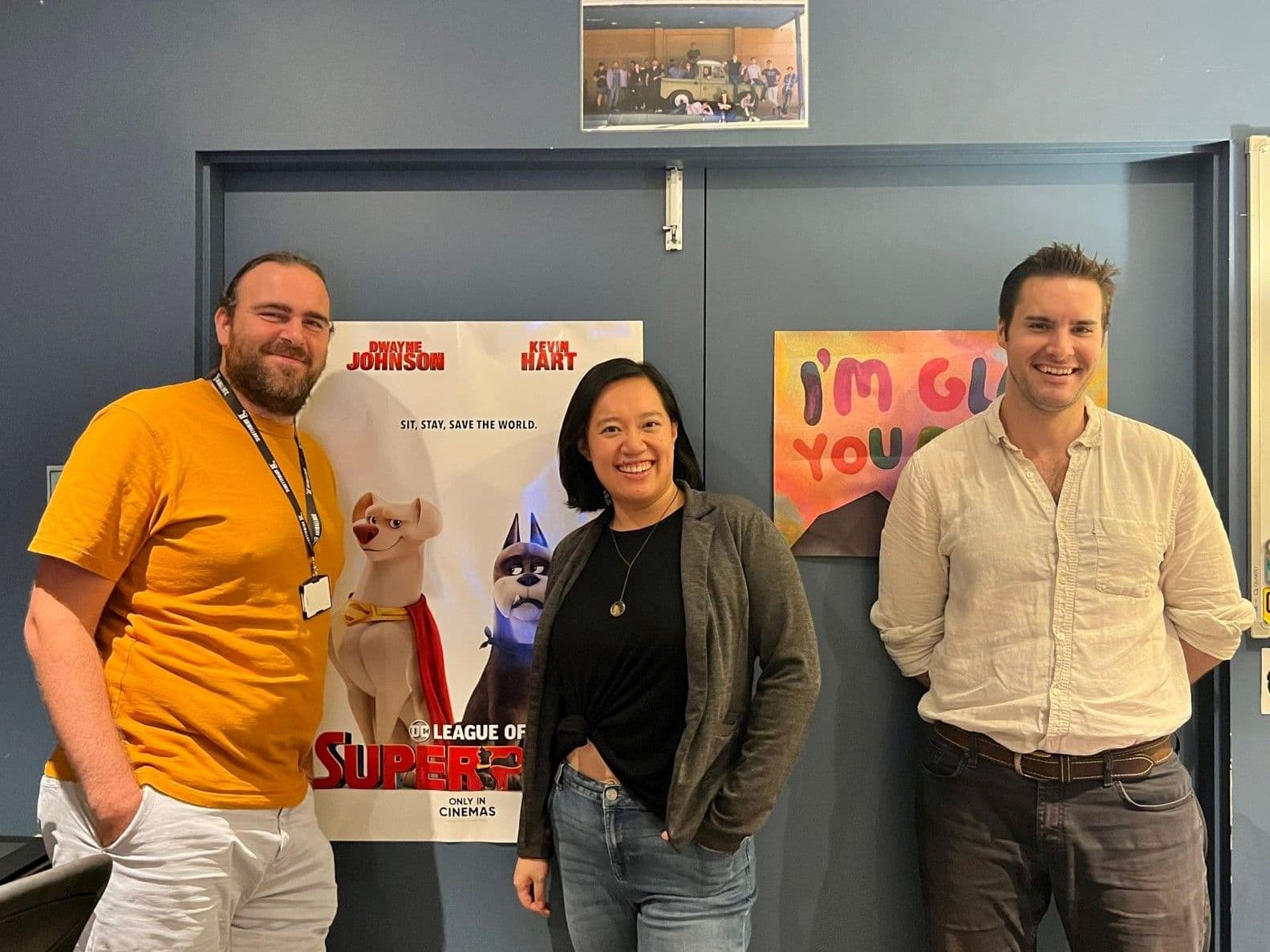
More often, there are opportunities for automation in my work tasks with new developments in software, which is excellent because fewer mistakes are being made. And with technological advancements, there will be new frontiers to visit. I'm always excited when a program like Unreal is used in a film. You can see how that can change decisions and workflows for shots, lighting, and character movement, ultimately altering how editors can cut a story and work alongside other departments.
The pandemic and lockdown didn't change much about my role, miraculously. I'd say 90% of my work tasks are done through computers anyway, so when lockdown hit, I was incredibly lucky that Animal Logic implemented a lot of remote-working tools, so the edit team didn't find too many speed bumps in their workflow.
Seeing how different departments operate or work with various editors, it's incredible to understand and learn all these unique workflows. I'm constantly learning something new, and I enjoy that very much.
It's the old problem that no one wants to hire you if you're not experienced but can't get experience without being hired. So, unless you're willing to spend money on copies of industry-grade software and learn workflows on your own, some courses would help. However, I don't think it matters if the education is a degree at a film school, short courses at TAFE, or even self-education online.
Assistant editors provide support for the main story editor and the artists. Taking up quality control of scene changes from the client is a major task, and assistants also prepare reviews, cut showreels for production, splice voice takes, and send off character reviews. It's all about technical preparation and data management.
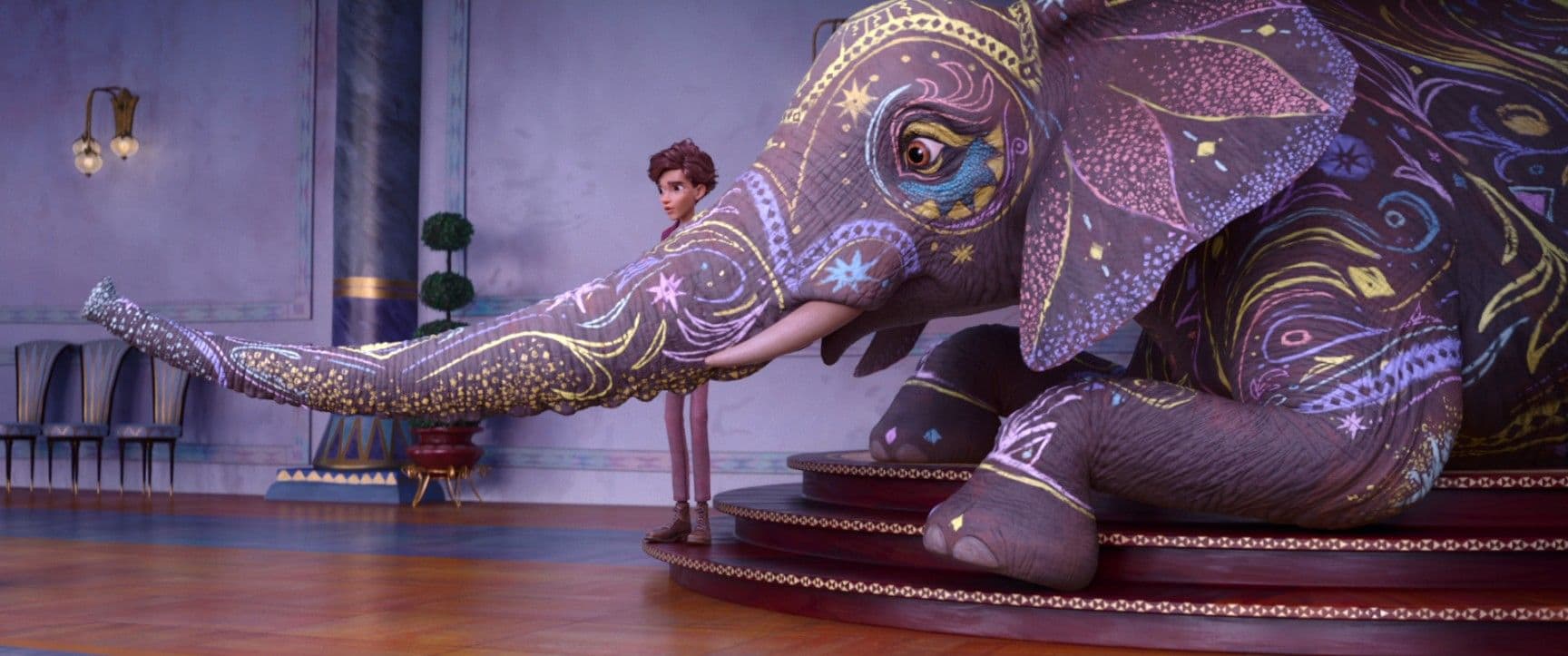
I would look for good communication skills, being tech-savvy, passion for the work, and above all, curiosity to learn. You won't know everything the first day on the job, but when I train assistant editors, the ones that move up the ladder are the ones who ask questions, take notes, try to improve, and are constantly proving themselves to be team players.
Another essential trait (but difficult to ascertain in an application or interview) is flexibility and not taking feedback too personally. Clients will generally find something to change in your edits, and no matter how long you've spent on the edit, whether it be days, weeks, or months, you just have to take notes and start again.
Since I haven't been responsible for hiring editors yet, I asked my colleague about this. Some editors will focus only on talking about technical issues and editing workflows. They will disregard any human element of working in a team or with various departments. Editors and assistant editors work very closely together, and it's all about cooperation.
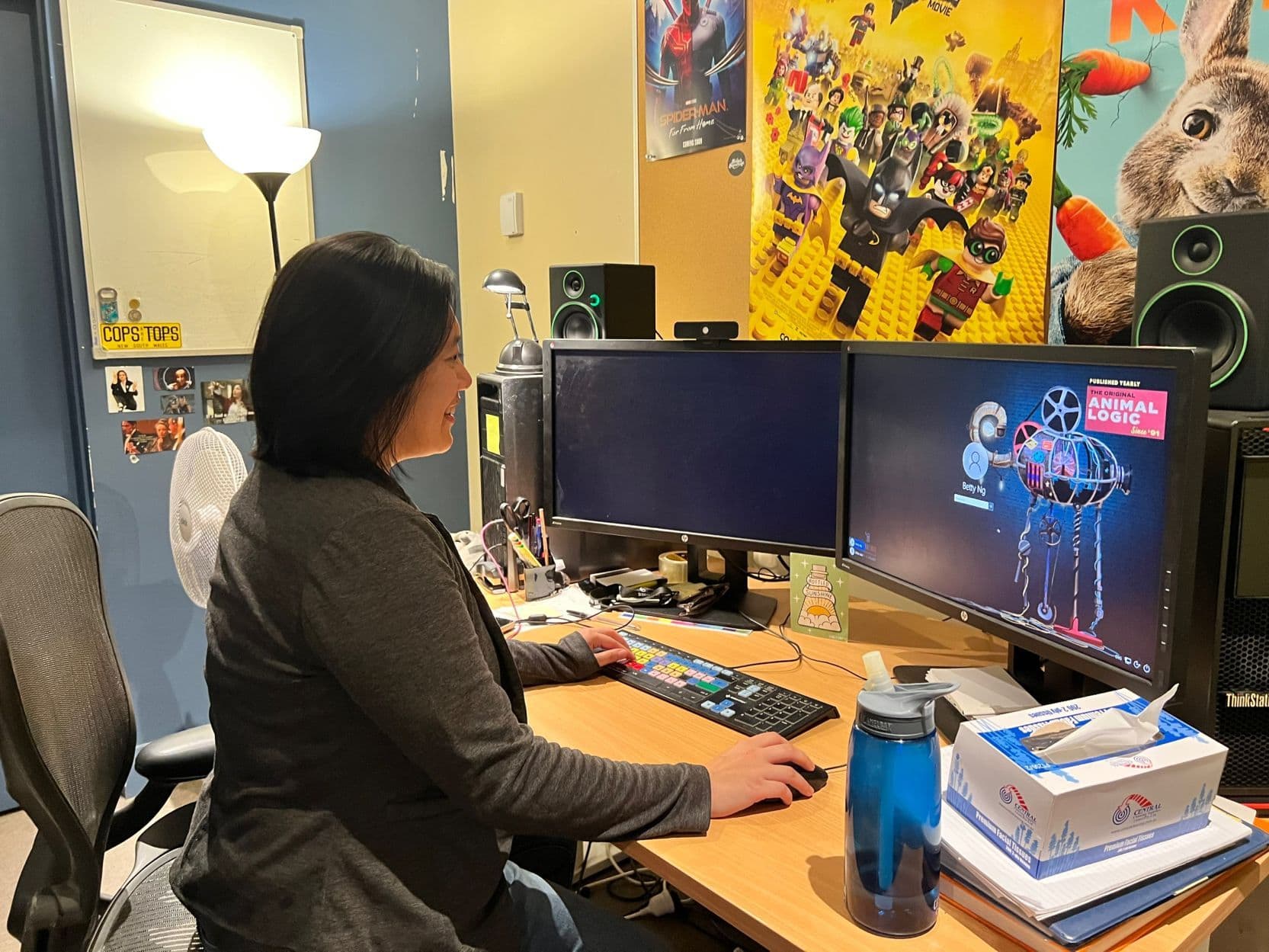
I enjoy constantly learning, and I'm grateful to be in a supportive environment where I can continue developing my skills. It can feel overwhelming sometimes when a new main editor jumps onto a project. They may have a completely different approach to their workflow, and you have to instantaneously change with them.
I feel very privileged to be part of a storytelling community. The nature of stories is boundless, from the type of stories we tell to how we tell them, so to see behind the curtain and watch this ever-changing landscape is an honour.
Observing senior editors manage new software and having such a fine eye for detail encourages me to strive for that technical proficiency. In terms of cutting stories, anything that I enjoy in film or TV, I watch once for pure enjoyment. Then I'll rewatch and try to note why I liked it, whether it be the pace, the choice of music, the shot angles or the dialogue. And if I have the opportunity, I can reuse some of the same techniques and develop my own editing style.
I think it's trickier these days because more and more people get to be their own editors when posting any video content on Youtube, TikTok, or Instagram, and you'll learn the basics of cutting, pacing, music choice, and lighting from there.
Make sure you have a few short films on your resume where you were either the director, writer or editor. It demonstrates a knowledge of the entire filmmaking process and shows you can work in a team environment. Developing ancillary skills like After Effects and sound design is also great for showing an all-rounded approach to editing.
Be open-minded and curious. Learn from all the people you work with. Everyone's got a different way of editing, and you can absorb new ways of working. The beautiful thing about the world of editing is that nothing is permanent. You can learn something and experiment with it. If you use a new sound effect with an edit or attempt a new step in the technical workflow that doesn't work, you can just try again.
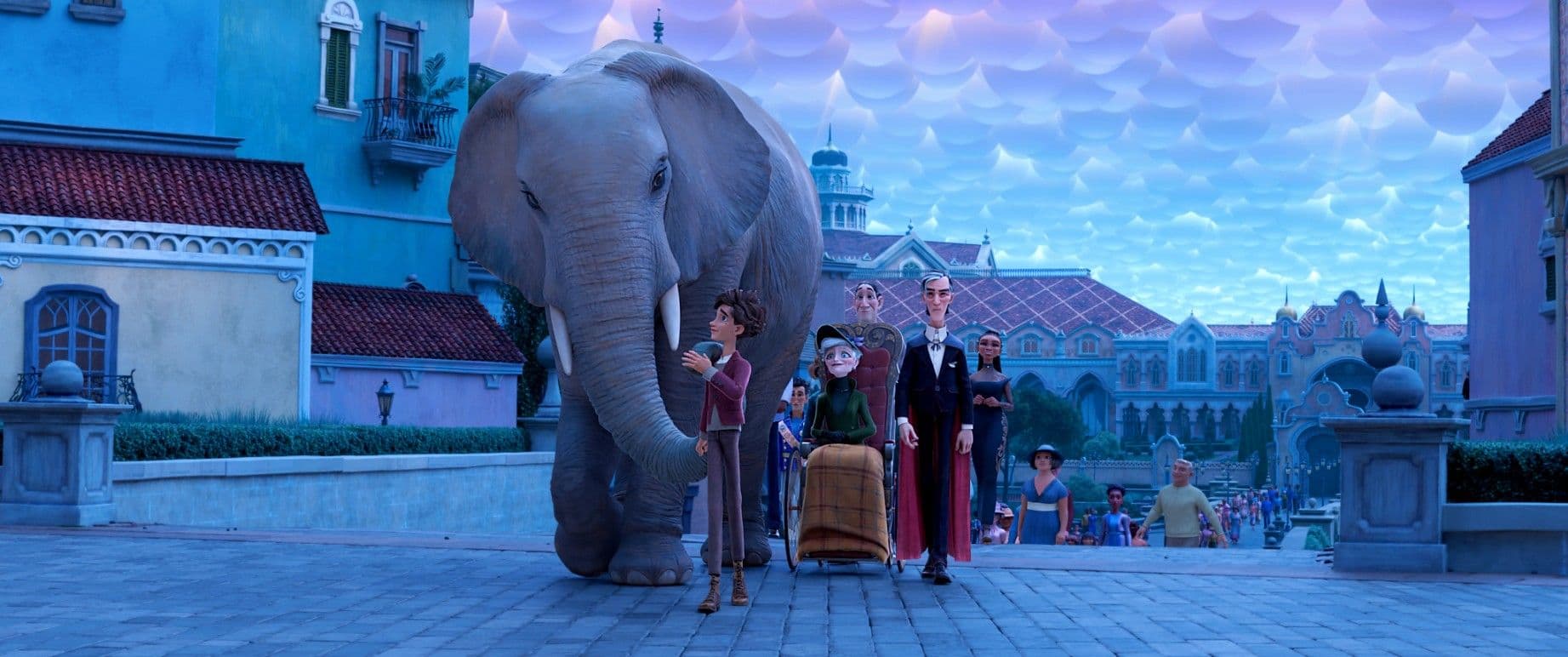
I'd go back in time, hug that younger Betty and pass along the advice of being less hard on herself and enjoying the journey a bit more. I've had the incredibly good fortune to work with great editors in both TV and film. A good supervisor or editor will never crush your spirit if you make a mistake, but in the past, I was constantly terrified of doing something wrong. Laugh at your mistakes and move forward. Oh, and younger Betty, please learn more about sound design and lens choices – it will really speed up your workflow later on!
